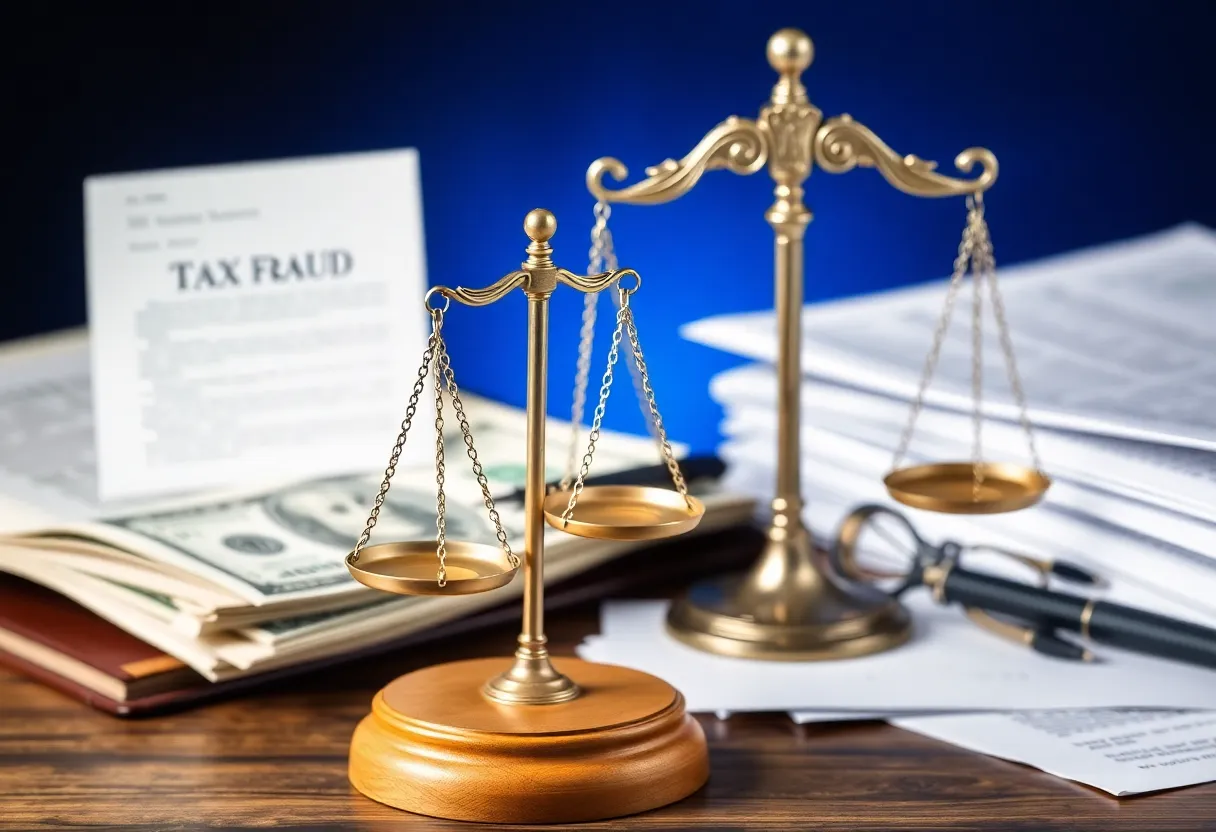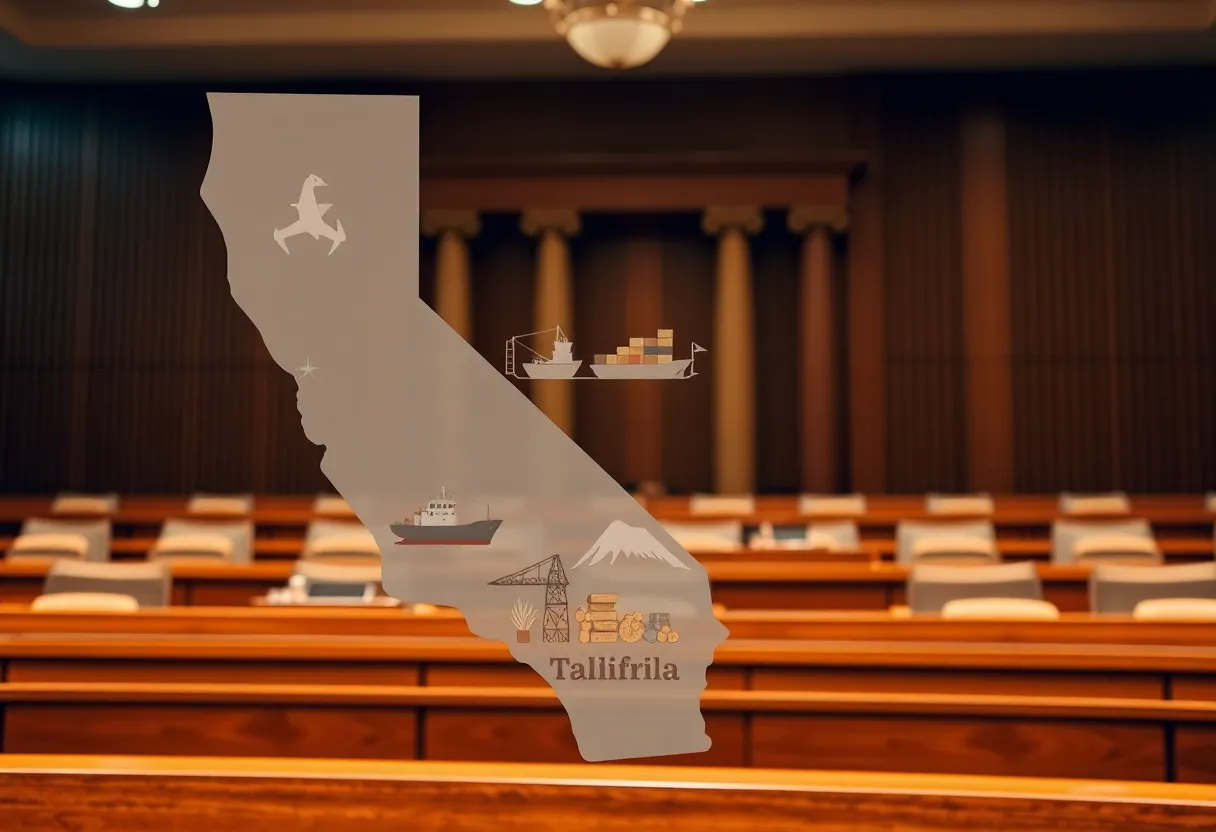News Summary
Michelle O’Connor, a realty company owner in Louisburg, Kansas, has been indicted for tax evasion and wire fraud. Accused of major financial misconduct from 2008 to 2020, O’Connor allegedly misused government funds and evaded tax payments, leading to severe legal consequences. Her actions raise important questions about accountability amid the ongoing recovery from the pandemic.
Shocking Tax Evasion and Fraud Case in Louisburg, Kansas
In a stunning turn of events, a woman from Louisburg, Kansas, has found herself in hot water with the law following an indictment by a federal grand jury in Kansas City. Michelle O’Connor, the owner of a realty company, stands accused of serious financial crimes including tax evasion and wire fraud. The allegations against her paint a picture of deception and misuse of government funds that could leave many residents shook.
The Long Buildup to the Indictment
From the years of 2008 to 2015, O’Connor filed her federal income tax returns indicating that she owed approximately $300,000 in taxes. Despite acknowledging her tax responsibility, she became increasingly evasive, refusing to pay the owed amounts. It wasn’t long before the IRS stepped in. In 2011, an audit of her 2008 and 2009 tax returns revealed that O’Connor had improperly claimed tens of thousands of dollars in personal expenses as charitable deductions linked to a self-created entity called the “Church of Revelation and Love.” This dishonest practice resulted in the IRS assessing over $40,000 in additional taxes against her.
Since that audit, the IRS has made several attempts—over 50 notices, to be exact—to collect her outstanding tax debt. However, O’Connor’s tactics to obstruct these efforts have raised eyebrows. She notably filed three false bankruptcy petitions, which only complicated matters further. In a puzzling twist, she purchased about $250,000 in cashier’s checks to lower her bank account balances and closed personal bank accounts, instead using her business accounts for personal expenses.
Debt and Continuous Evasion
By 2020, O’Connor’s tax debt had ballooned to nearly $500,000, including taxes, penalties, and accrued interest. Despite the IRS’s relentless efforts to recoup the funds, she continued to find ways to evade the collection process, creating a complex web of deceit that would eventually lead to her downfall.
COVID-19 Loans: A New Scheme
The Implications
As the details of this case unfold, the consequences for O’Connor could be severe. If convicted, she could face a maximum penalty of five years in prison for tax evasion alone. However, the stakes get even higher; the wire fraud charges could land her a staggering 20 years in prison. It’s a case that raises serious questions about accountability and the misuse of government programs, particularly in a time when many people were genuinely struggling.
A Preliminary Look Ahead
As the court cases progress, the residents of Louisburg and beyond will be closely watching. Cases like these often serve as a sobering reminder of the importance of financial integrity and the consequences of fraud. The story of Michelle O’Connor underscores the need for transparency and honesty in both personal and professional financial dealings. The next steps in this unfolding saga are bound to capture attention, as the courtroom drama reveals more about the lengths some will go to dodge financial responsibility.
Deeper Dive: News & Info About This Topic
HERE Resources
Additional Resources
- Fox4KC
- Wikipedia: Tax Evasion
- KMBC
- Encyclopedia Britannica: Fraud
- KSHB
- Google Search: Tax Evasion Cases
- KCTV5
- Google Scholar: Tax Fraud
- KTTN
- Google News: COVID-19 Loan Fraud







